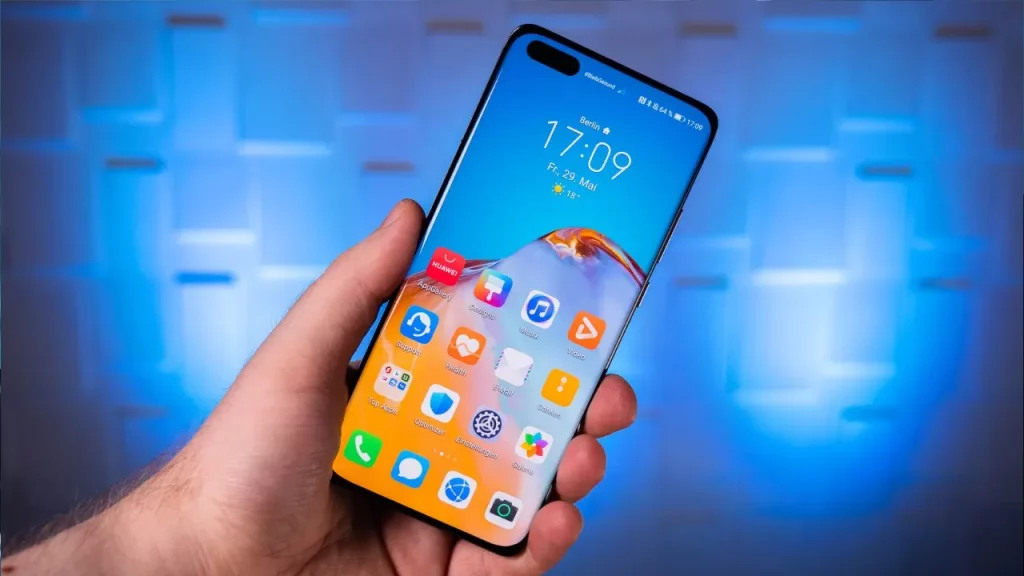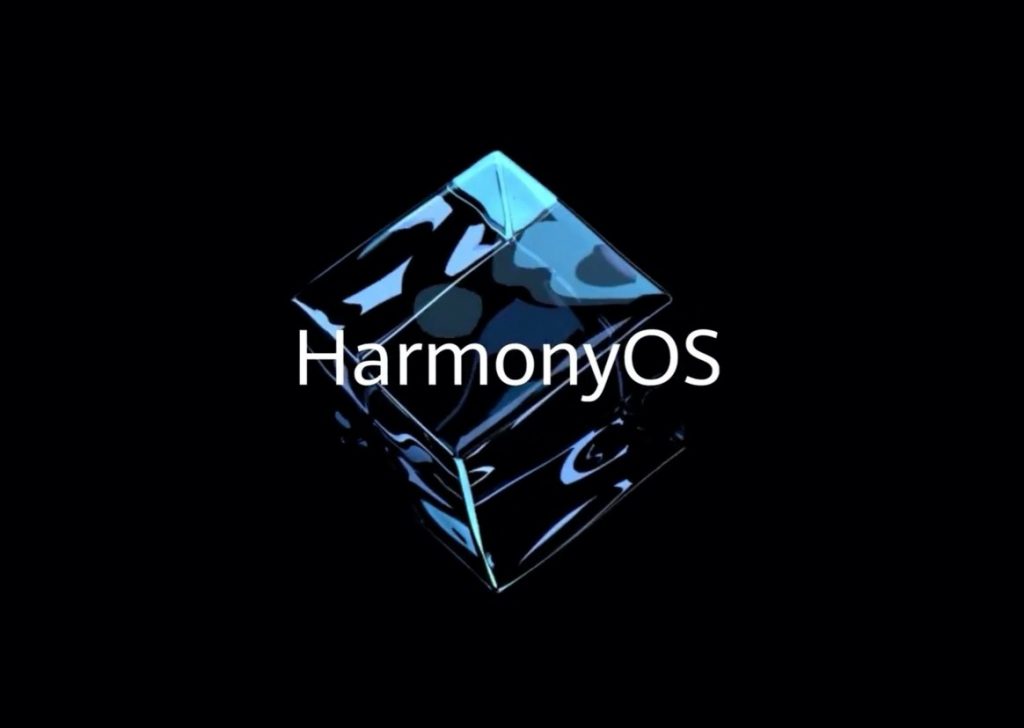One of the things that makes Android successful is that it is open source. As you may know, manufacturers can customize the operating system and add a unique version to their smartphones. This enables unique interfaces to emerge, and dozens of brands using the same operating system can offer different experiences. Now, something similar is happening with Huawei’s own operating system. FlyHong OS Lite has launched based on HarmonyOS. Here are the details…
FlyHong OS Lite launched based on HarmonyOS
Fuzhou Huisibo Information Technology has recently launched FlyHong OS Lite. This is a new operating system based on open source HarmonyOS (OpenHarmony). The new OS is specifically designed for the financial terminal industry and has received the China UnionPay Financial Digital Service Terminal Operating System Authentication certificate.

FlyHong OS Lite has tested by the Bank Card Testing Center (BCTC) to ensure that it meets all industry requirements. The review of operating system covered various aspects such as basic functions of the operating system, financial service functions, interface layers, system services, layers, security, component functionality, stability, and compatibility. FlyHong OS passed all tests successfully.
FlyHong OS Lite also offers a wide range of financial capabilities, security capabilities, and system customization capabilities based on OpenHarmony. Financial digital service terminals provide all-around protection for system security, data security, and application security.

This means that financial institutions can be confident that their data and applications are secure and protected from unauthorized access. FlyHong OS has also received the OpenHarmony 3.1 release version compatibility review and received the OpenHarmony Ecosystem Product Compatibility Certificate.
The main question is whether the number of devices using this HarmonyOS will increase. In fact, it all depends on the success of projects like FlyHong OS Lite. If these OpenHarmony-based operating systems are successful, many more companies may use the Chinese technology giant’s Android rival operating system in the future.
RELATED:
- POCO X5 vs POCO X5 Pro: Specs Comparison
- iQOO Neo 7 Launched in India With Dimensity 8200 SoC, 64MP OIS Triple Camera &…
- Vivo Y100 Launched in India With Dimensity 900 SoC, FHD+ AMOLED Display & Color Changing…
- Huawei Shifts Gears to Combat US Sanctions: Focus on 5G Powered Digital Infrastructure
- Realme GT Neo 5 Launched With Up to 240W Charging, Snapdragon 8+ Gen 1, LED…
(via)







